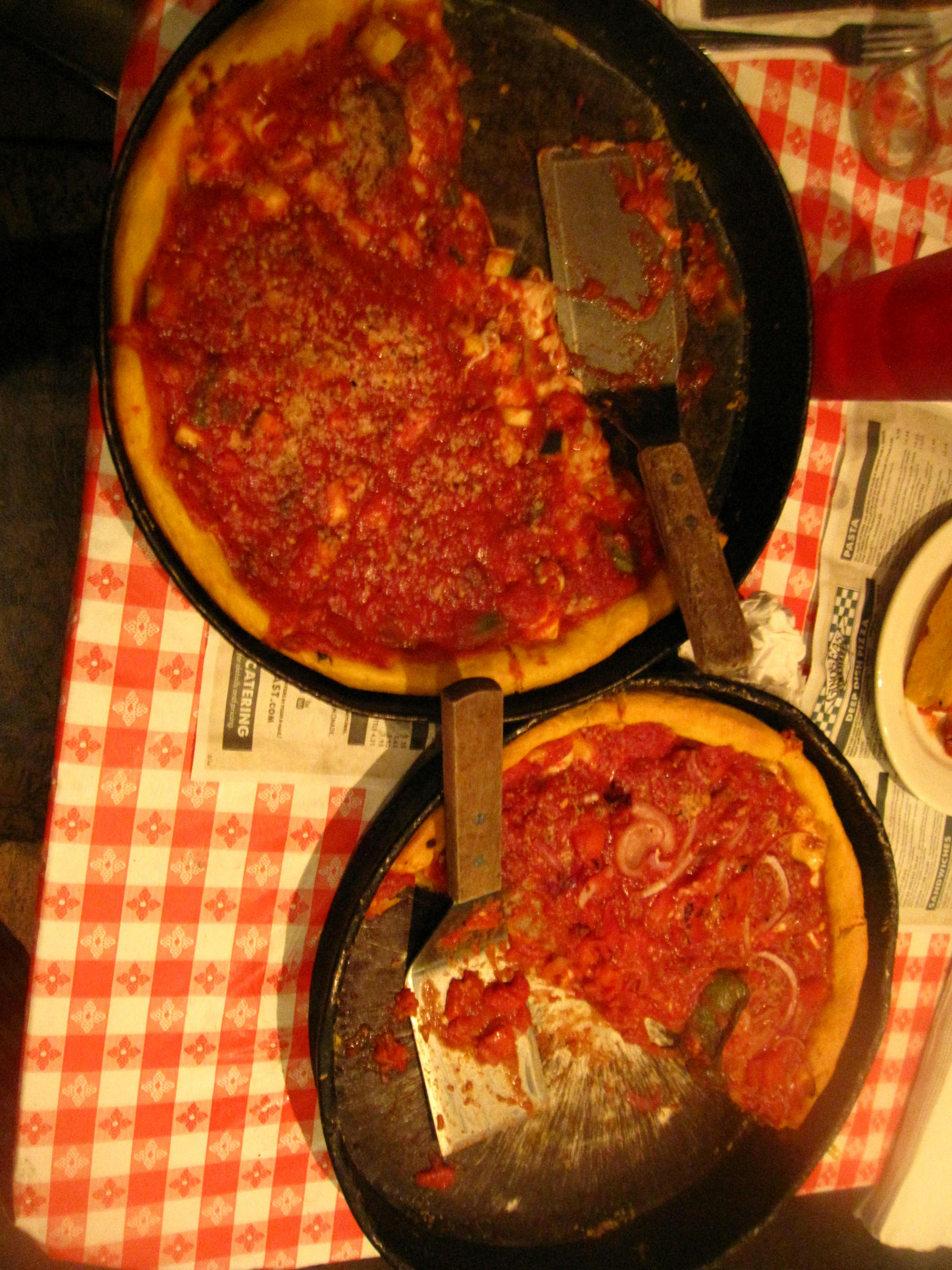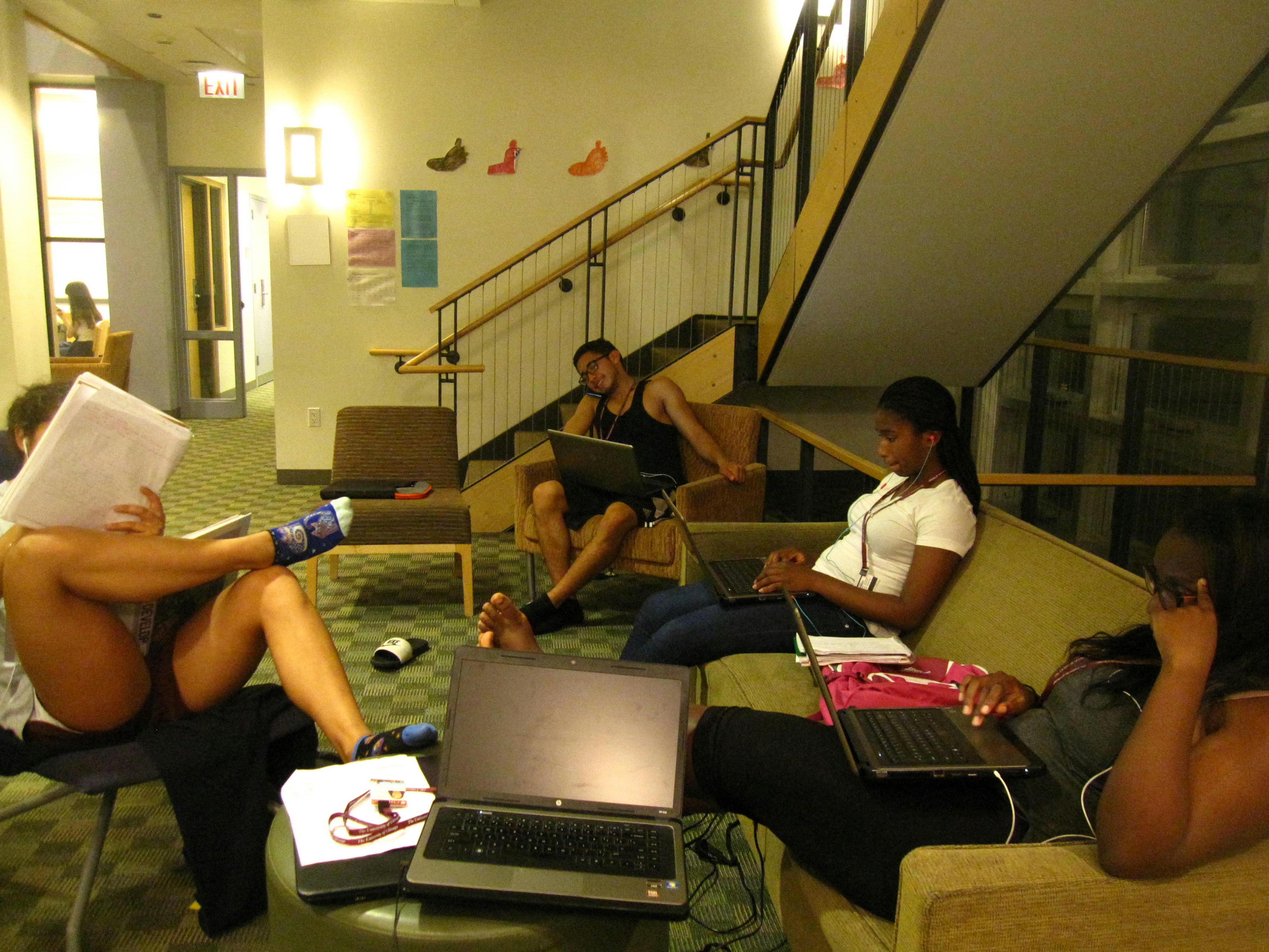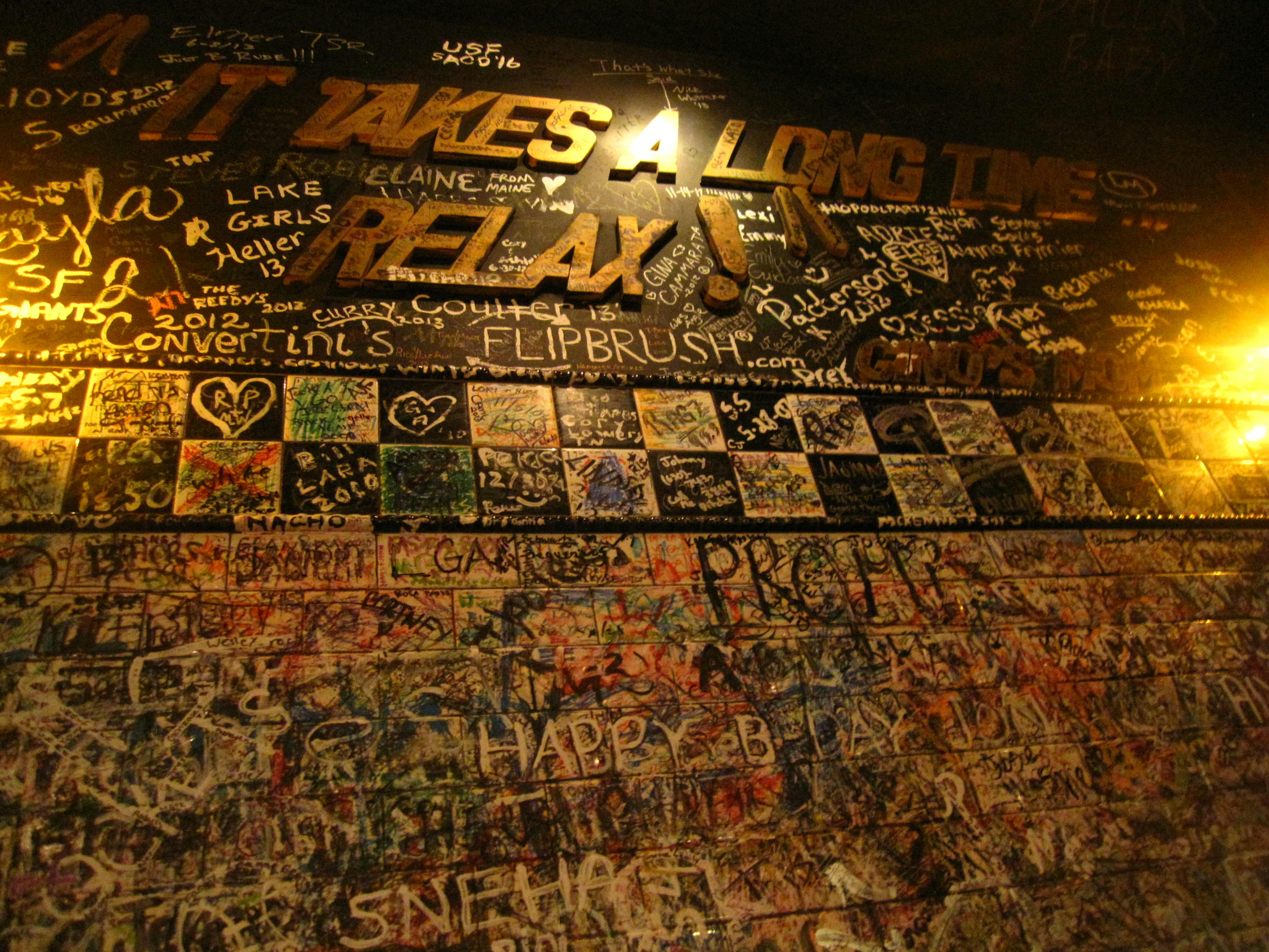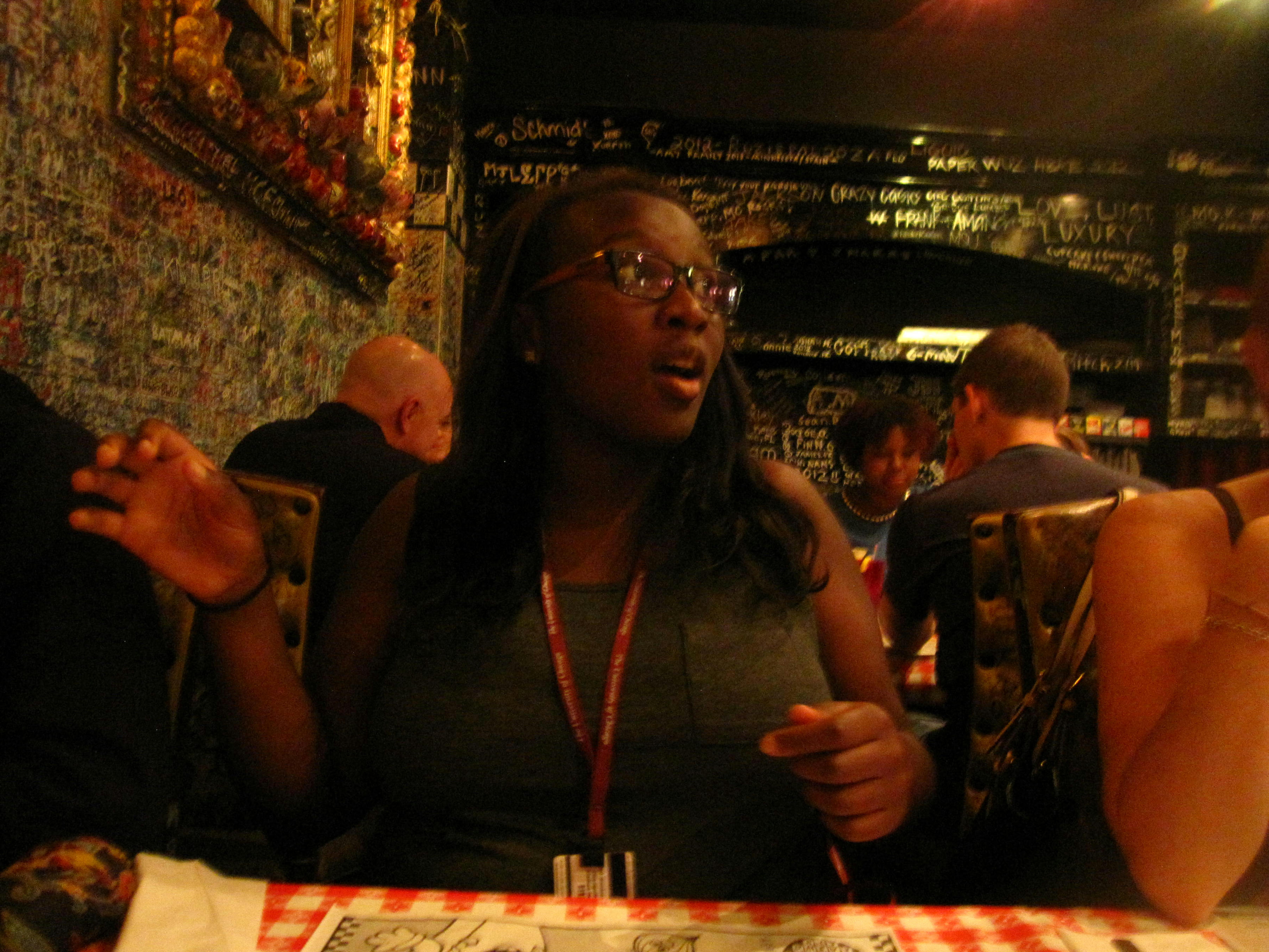Dr. Bhasin’s lecture today was on forensic sciences. She
told us about the abilities and limitations of two types of forensic DNA
testing. RFLPs (restriction fragment length polymorphism) require larger
amounts of DNA that can’t be degraded, while PCR (polymerase chain reaction)
requires less DNA that can be partly degraded, though it’s sensitive to
contaminating DNA.
We discussed DNA fingerprinting, the extraction of DNA (can
be done chemically or mechanically [the French press method—apply pressure with
your hands!]), and well-known case studies that have used forensics to solve criminal
cases.
One of the cases was the Narborough Village murders. Two
girls in the UK were murdered, resulting in the analysis and comparison of
5,500 samples from suspects in the area. However, none of the DNA profiles
matched the DNA found at the crime scene. Police later found out that the real
perpetrator (Colin Pitchfork) had his friend donate DNA in his place. When the
police tested his DNA, it was a complete match.
Another application we discussed was identifying remains of
9/11 victims. Dr. Bhasin told us how forensic scientists set up booths around
the city that would receive cheek swabs and personal items from families so
they could identify their relative’s body.
I love forensics. I really do. I found out I was interested
in criminal justice after taking a Criminal Law class last semester, and
consider it one possible area I’ll study in college. This Biotechnology class
has shown me how much I enjoy working in a lab as well. Shows like Bones and
CSI: Miami have always made a part of me enjoy the thought of being a forensic
scientist, but until taking this Biotech class, I never really thought it feasible.
Forensics will definitely be one of the top three majors I’ll consider in
college.
After taking our lab
protocol quiz, my classmates and I extracted our cheek cells and set up a PCR
reaction to amplify the D1S80 locus. Tomorrow, we’ll set up our gels, run them
through gel electrophoresis, and analyze our DNA. I can’t wait for tomorrow’s
lab; being able to analyze my own DNA was one of the reasons I chose the class
in the first place.
Lunch was delicious, as
usual. If I attend UChicago in the future, the birthday cake ice cream will be
a problem (Freshman 15, anyone?).
The afternoon portion of
class consisted of a How to Write a Scientific Paper presentation by Ciara and
a discussion on our latest reading material, New Life for Ancient DNA. The
paper talked about the ancient mammoths cells and how two groups of scientists
have collaborated to piece genes from ancient remnant DNA, insert the genes
into living cells, and coax the cells to re-create the proteins. We talked
about the relevance (we learn more about these ancient proteins which we may
someday need! We can use this technique not to necessarily bring back extinct
species (which I think, though extremely interesting, would slightly be a waste
of money and resources when we can study proteins instead) and ethics of actually
“bringing a mammoth back up from the dead” (what about the mammoth? How will we
care for it? How will it sustain itself? Isn’t the mammoth gone for a reason? Bringing
an extinct species back would require a lot of work. Anyway, finding accurate
and complete enough genes to bring mammoths “back from the dead” would be extremely
rare).
Besides talking about the
hemoglobin found in cold-adapted mammoths (three amino acid mutations allow the
hemoglobin to release more oxygen, which allowed mammoths to keep their
extremities warm without having to use as many calories) and the blonde hair they
had (the blonde hair scattered radiation to their skin, which is absorbed as
heat), we got sidetracked and talked about Mars and setting up cold-adapted
cows in Mars (random, I know. I'm just glad our class is becoming friendlier to each other).
Finally, I went home (home!
I think of South Campus as home now!) and relaxed before getting some pizza with
the cohort at Gino’s East. It was so fun! The deep dish pizzas took about 45
minutes to cook, but it felt like no time at all with the cohort and Alie. I
love how I've found a sense of community, a possible field of study, and new friends at UChicago (and it's only the second week!).
 |
| So delicious (though I think I might like Giordano's better..)! |
 |
| Studying in the Halperin Lounge |



No comments:
Post a Comment